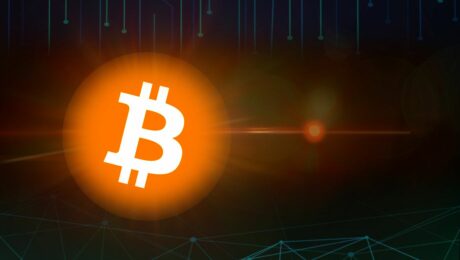The Brazilian central bank adopts the IMF classification standard and considers cryptocurrency as a non-financial product.
According to Cointelegraph's August 27 report, the Brazilian central bank said on August 26 that it has begun to classify the sale of cryptocurrency assets in accordance with the guidance of the International Monetary Fund (IMF).
 (Source: flcikr )
(Source: flcikr )
According to the latest classification criteria of the International Monetary Fund, cryptocurrencies that are traded will be classified as non-financial products and will therefore be classified as commodities on the central bank's balance sheet.
The central bank's balance sheet, like the ordinary bank's balance sheet, consists of assets, equity and liabilities, mainly summarizing its financial status.
- The average price is nearly 10,000 yuan, and the cryptocurrency domain name transaction is on fire again?
- Ethereum 2.0: Casper & Beacon Chain
- Is the Ethereum blockchain full? V God commented like this
Since the sale and purchase of cryptocurrencies involves the execution of foreign exchange contracts, the central bank needs to consider the trading of cryptocurrency assets in import and export statistics. In addition, since Brazil is a net importer of cryptocurrency assets, this clearly helps to reduce the trade surplus on its balance sheet.
The importance of cryptocurrency on bank balance sheets
The analysis of the root tiger Cointelegraph Brasil, the classification of cryptocurrency into commodities is of great significance. It is alleged that the recognition of cryptocurrency is property and it is possible to make it a payment method.
In addition, the Central Bank of Brazil also stated that the International Monetary Fund’s classification of cryptocurrencies was recommended by the Balance of Payments Statistics Committee, an advisory committee of the IMF’s Statistics Department.
International Monetary Fund calls for review of Libra
Cointelegraph had previously reported that Gita Gopinath, chief economist at the International Monetary Fund, and other officials opposed Libra, the cryptocurrency proposed by Facebook, and suggested that regulators should take action against Libra's vigilance observations. Gopinath specifically called on global regulators to take immediate action, and he also mentioned some specific concerns about Libra, he said:
If you pay special attention to countries where the national currency is not a reserve currency, is Libra's issuance favorable for dollarization? All these issues, and whether there are enough checks and balances to prevent money laundering, are very important.
We will continue to update Blocking; if you have any questions or suggestions, please contact us!
Was this article helpful?
93 out of 132 found this helpful
Related articles
- The history of 10,000 times of disappearance: the legend is no longer, the value returns
- Market Analysis: No fears have been seen yet, it will take time to stop falling
- The Swiss Monetary Authority publishes a guide to the regulation of blockchain services. Exchanges and wallets are subject to compliance.
- After visiting Libra’s base (Switzerland), US legislators have not let go of their guard
- Kleiman sues Aoben Cong case: testimony is dismissed, Ownen Cong may have to pay 550,000 BTC
- Introduction | Ethereum 2.0: Rationalization and Certainty
- A paper reveals: "The Eye of the Government" and "Encryption World Perspective" Chainalysis






